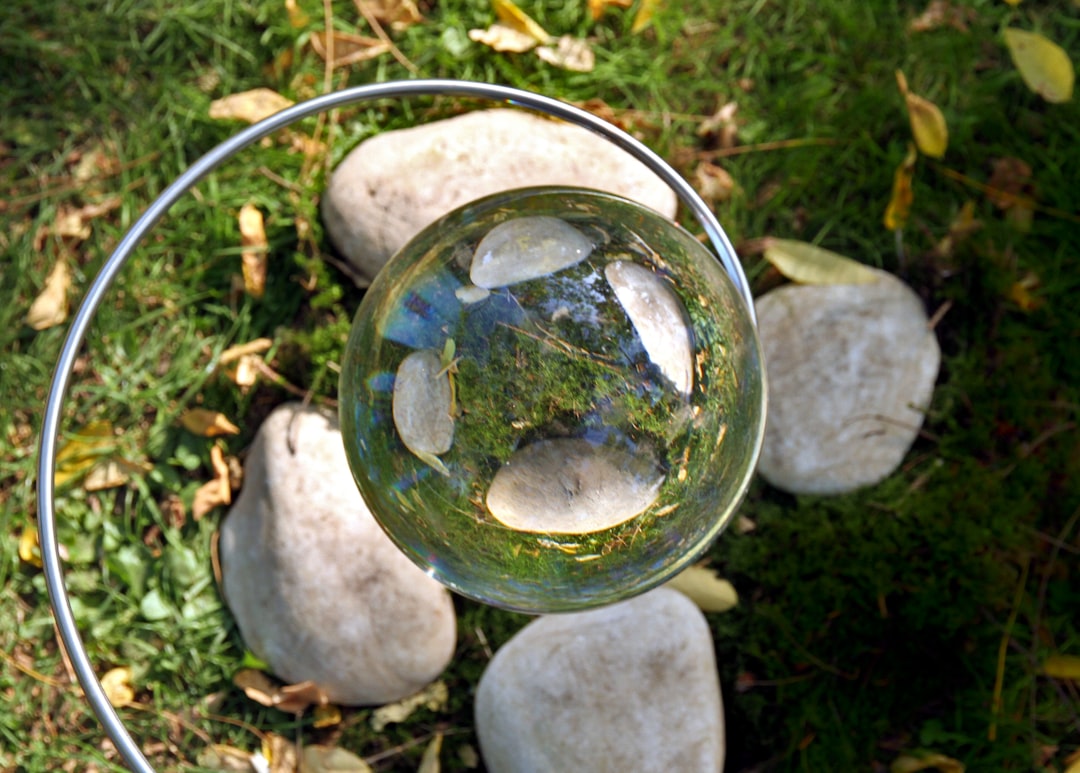
According to the Family Care Alliance website
If you are a caregiving spouse between the ages of 66 and 96 and are experiencing mental or emotional strain, you have a risk of dying that is 63 percent higher than those your age who are not caregivers.
The combination of loss, prolonged stress, the physical demands of caregiving, and the biological vulnerabilities that come with age places you at risk for significant health problems and earlier death.
Suppose you are a baby boomer who has assumed a caregiver role for your parents while juggling work and raising adolescent children. In that case, you face an increased risk for depression, chronic illness, and a possible decline in quality of life.
I was ill-prepared to care for Dan, even though I “should have” known better, given previous experiences. Today, I would have a more comprehensive, focused plan. I’d address physical, psychological, emotional, and spiritual care. For example,
PHYSICAL SELF-CARE - Involves ensuring an overall healthy lifestyle.
Eat healthy foods, drink plenty of water, and exercise.
Declutter your home and office so that you feel spaciousness and manageability.
Enjoy moments to rest and replenish.
I took relatively good physical care of myself. I walked, ate fairly well, and stayed in my office for privacy.
Ask Yourself: What am I doing to care for myself physically?
EMOTIONAL SELF-CARE - Includes setting clear boundaries on one’s time.
Engage emotional boundaries within helping relationships, and surround yourself with positive people and inspiring messages.
Address issues or problems so they don’t build.
Give and receive love, kindness, and support.
Spend time with people you care about and who care about you.
I didn’t do well with this. I was discouraged, overwhelmed, and stressed much of the time.
Ask Yourself: What am I doing to care for myself emotionally?
PSYCHOLOGICAL SELF-CARE - Activities include personal and professional development.
Give attention to things under your control.
Take time for personal reflection.
Notice inner experiences, thoughts, and feelings.
Cultivate self-awareness through journaling, feedback, meditation, coaching, or counseling.
I journaled, hired a coach, wrote down my worries to get them out of my mind, and read many articles. I knew I was not alone, but it felt like it - sometimes.
Ask Yourself: What am I doing to care for myself psychologically?
SPIRITUAL SELF-CARE - Activities could include prayer or meditation.
Visualize, practice gratitude, and spend time in nature.
Be aware of beliefs, values, and ideas.
Identify what is meaningful to you in your life.
Practice mindfulness and be present in the moment.
I practiced mindfulness and gratitude and looked for the good in each day.
Ask Yourself: What am I doing to care for myself spiritually?
PRACTICAL SELF-CARE - And - yes - there is a fifth aspect in my plan - be prepared.
Have wills, powers of attorney, and a signed DNR (do not resuscitate) form.
Know account passwords and how to use the computer.
Develop a care-taking plan and a support system.
Learn about the disease and the options.
Dan took care of most of this, and I let him - not a wise decision. When he could no longer do it, I had to learn everything anew.
Some people tell their partners, “Don’t worry about it. That’s my job.” Experience tells me that’s a mistake. You need to know about the “nuts and bolts” of your life.
What I did was not enough, and it was not consistent. Even though it’s been almost three years since Dan died, I’m still figuring things out - and making mistakes.
My caretaker plan would be different now - and you’re right - it’s easier said than done.
Maintain my health.
Identify ways to rest and replenish, including fighting for respite care.
Acknowledge and honor my feelings.
Ask for help from family and friends sooner. I chose to do it myself until I couldn’t.
Know about the disease and the practical details of our life.
Be assertive - ask questions, listen to my sense of things, and insist.
Taking care of another person is one of the most challenging roles anyone will undertake, and it demands
If you want to contribute to my work, consider donating to the Alzheimer’s Association. This link takes you to their website. The choice is yours.




What are you doing to care of yourself today emotionally, spiritually, physically, psychologically and practically?
Hi Heather, Yes, I know of her work. Thanks for reminding me and for mentioning it. Those four questions can be such a helpful tool in sorting things out, as you say.